Mumbai-based Welbound Worldwide (Stand F02) has launched a top and bottom case sealer for shipper cartons called the Welbound HC500, which the company says is “a means to initiate discussions on the huge problem of in-transit losses with the brand owners”.
The two decade-old company launched the Welbound HC 500 early this year during the Bobst-hosted Competence 2015 in Pune. In-transit damages of shipper cartons, and the products within, is a common source of worry to brand owners and supply chain managers in India.
“Damage, spoilage or pilferage of the products are quite common. This adds to loss of crores of rupees for Indian companies across segments,” says Pallippuram Sajith, director, marketing and sales, Welbound, one of the leading post-press equipment manufacturers. Welbound HC500 is a top and bottom case sealer which joins the flaps using hotmelt adhesives.
The joining together of flaps, according to Welbound, gives superior strength and integrity to the case and also provides for tamper evidence. The machine is equipped with Nordson adhesive application systems and both the top and bottom flaps get sealed in single pass. At the show, Welbound is also demonstrating an optional in-feed with centraliser.
The machine can operate inline or near line and can be integrated with an existing workflow. Some of the benefits of hotmelt sealing over other methods are structural integrity, better load and shock resistance, tamper evidence, corrugate reduction and sustainability. “At the show, we hope to discuss about working with the end users, understand their specific challenges, look at the cartons – design and construction, the workflow and method of sealing. We have the support of global leaders like Nordson and Henkel, who come with immense experience and expertise in this field, to do this,” said Sajith.
The Welbound HC 500 has been installed at few companies in the graphic art industry for packing of products like books and magazines, among others. Sajith said, “The benefits of this technology is well accepted in the West and some of the global brands like Coke, Kellogs and Pepsi employ this technology in their packaging lines in India too.”


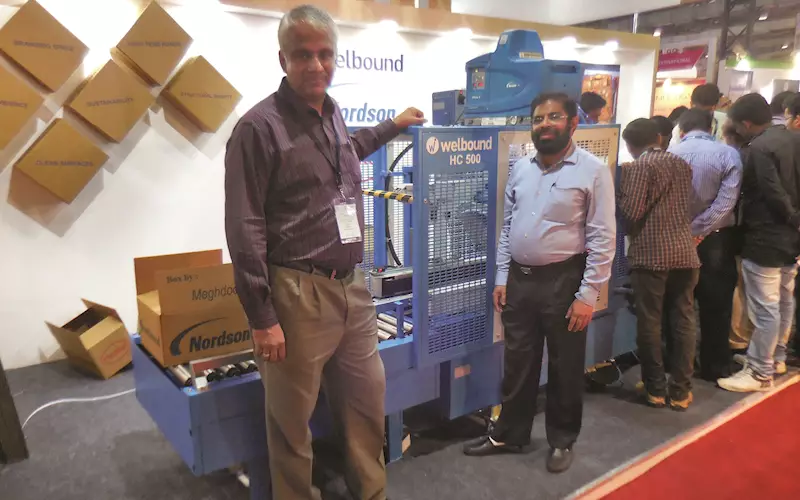
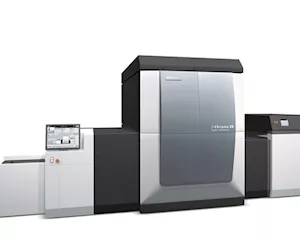
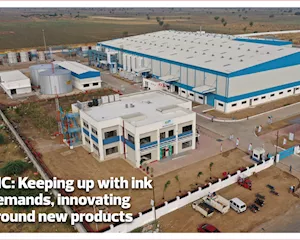
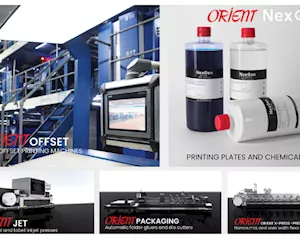
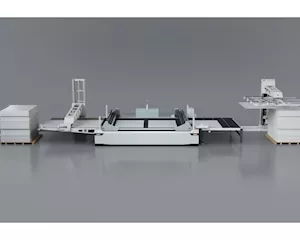
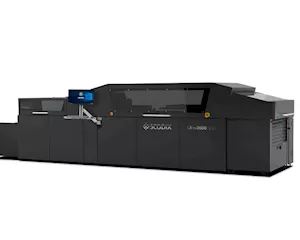






 See All
See All